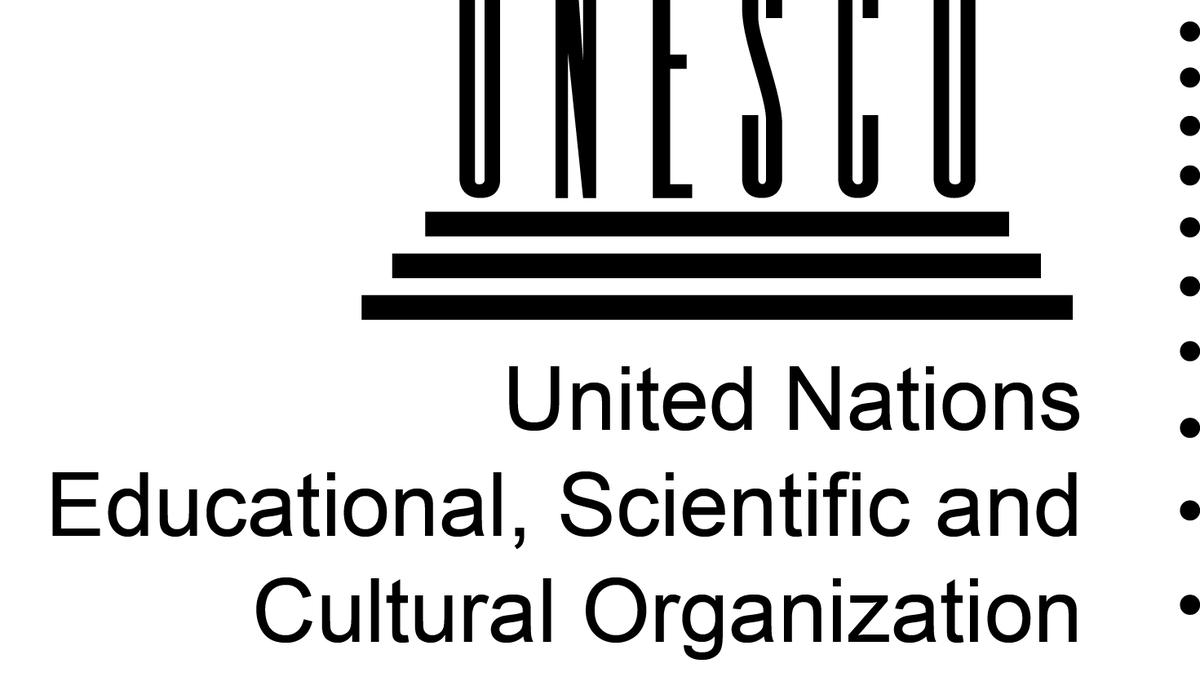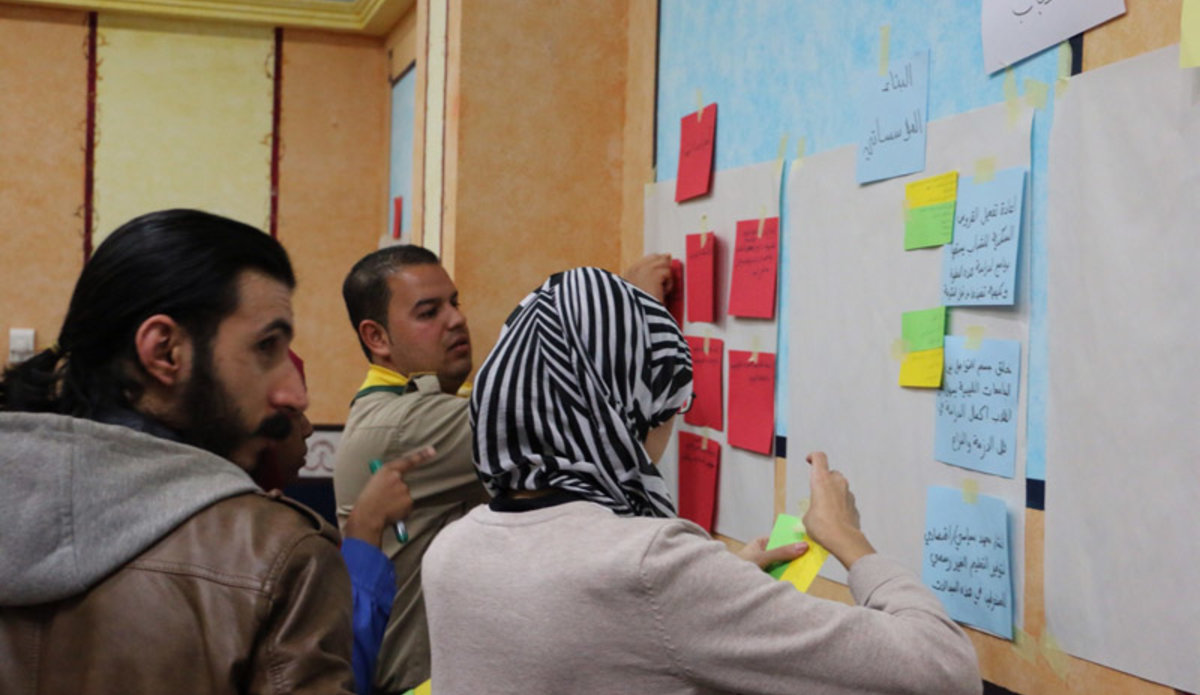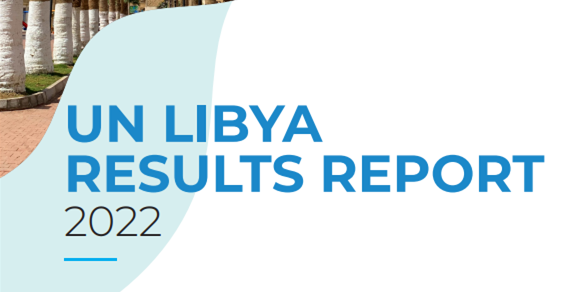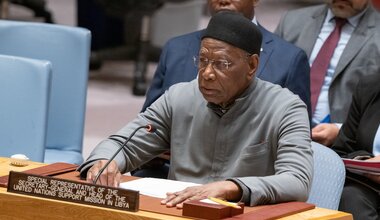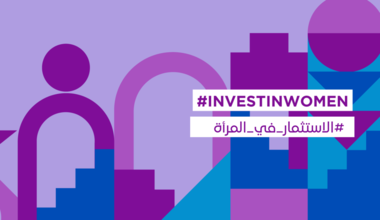Libyan, Tunisian Youth Develop National Action Plans in Support of Efforts of Building Peace Culture
22 January 2016 - Youth activists and civil society leaders from Tunisia and Libya gathered in a three-day forum to put together an action plan promoting youth engagement in peace-building by addressing the most pressing issues young women and men in Libya and Tunisia face today.
The event, held from January 15 – 17, 2016 in Hammamet, Tunisia, was organized by UNFPA Libya in coordination and with assistance from UNFPA Tunis and UNESCO Libya/EU-funded Project (NET-MED Youth).
It brought together 45 Libyan and Tunisian youth active in civil society to formulate a 2-year national action plans for youth in each of their respective countries. These action plans will serve as starting points to develop a multidisciplinary, multi-dimensional national youth strategy for Libya, and to review with government authorities and elaborate upon the existing national youth strategy in Tunis.
Noting the importance of listening to youth voices and ideas in national policies, Dr. Georges Makram Georgi, country Director for UNFPA Libya, emphasized in his opening remarks “We need to take concrete steps, in the form of realistic recommendations, to make youth a central focus in national policies”.
Participants represented a broad range of local civil society organizations from both Libya and Tunisia. In a series of intensive workshops, the participants identified the most relevant obstacles youth face in education, health, the job market, and challenges related to civic engagement, gender equality, peace-building and social cohesion.
“We recognize the role that young people play in promoting a culture of peace”, noted Mr. Chokri Benyahia from UNFPA Tunisia. “We know that it is only possible to do this if we fight against all forms of exclusion and marginalization that leads to violence.”
Working together, the participants produced a series of recommended actions for ministries, civil society organizations and media outlets to implement to support youth in four main areas: building the capacity of youth to carry out their work effectively, establishing relevant institutions to ensure structure and continuity of the work, nurturing a favourable environment through national awareness raising and advocacy campaigns, and developing specific laws and policies where gaps currently exist.
“Thank you for sharing your insights and experiences with us over the past few days”, Mr. Michael Croft, UNESCO Representative to Libya, told participants at the closing. “The purpose of this forum was to enable you to share the wealth of your knowledge and experiences, guiding us on how best to support your ongoing work for peace. And we are here to listen.”
This event follows closely on the heels of the Security Council’s adoption of Resolution 2250 on Youth, Peace, and Security, which recognizes the important role young people play as catalysts for positive change, social development and peace in their countries especially in situations of conflict or instability, or democratic transition.
Both UNFPA and UNESCO have support for youth as one of their main priorities, having projects and activities supporting young men and women’s efforts in peace-building, participation in the political sphere, civic engagement, social and economic empowerment.
For more information, please contact Dr. Georges Makram Georgie at georgi@unfpa.org, Mr. Michael Croft at m.croft@unesco.org, or Dr. Leila Joudane at joudane@unfpa.org
 United Nations Peacekeeping
United Nations Peacekeeping UN
UN
